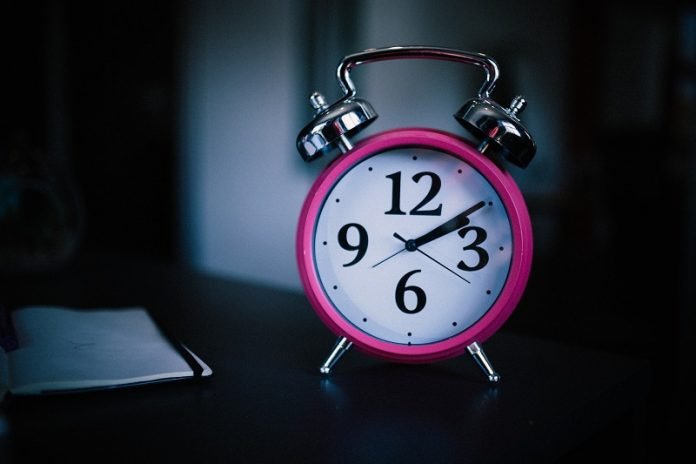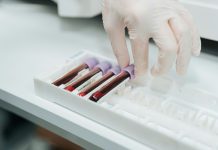
A new study suggests that people who experience sleep problems may be at a higher risk of having a stroke.
The research found that individuals who reported getting too much or too little sleep, taking long naps, experiencing poor quality sleep, snoring, snorting, and sleep apnea were more likely to suffer from a stroke.
Those who experienced five or more of these symptoms were at an even greater risk of stroke.
However, the study only shows an association between sleep problems and stroke, not a cause-and-effect relationship.
The study involved 4,496 participants from around the world, including 2,243 people who had a stroke and 2,253 people who did not have a stroke.
The average age of participants was 62. Researchers asked the participants about their sleep behaviors, including how many hours of sleep they got, sleep quality, napping, snoring, snorting, and breathing problems during sleep.
The findings showed that people who slept too much or too little were more likely to have a stroke than those who slept an average amount.
People who slept less than five hours a night were three times more likely to have a stroke than those who slept seven hours on average.
People who slept more than nine hours a night were more than twice as likely to have a stroke than those who slept seven hours a night.
Additionally, those who took naps longer than one hour were 88% more likely to have a stroke than those who did not take long naps.
Researchers also found that people who snored were 91% more likely to have a stroke than those who did not, and people who snorted were almost three times more likely to have a stroke.
People with sleep apnea were nearly three times more likely to have a stroke than those who did not.
The team said that the findings suggest that sleep problems should be an area of focus for stroke prevention.
They added that early conversations with individuals who have sleep problems could help doctors to prevent strokes in the future.
However, the study has limitations, such as the fact that people reported their own symptoms of sleep problems, which may not be entirely accurate.
Nonetheless, the research highlights the importance of healthy sleep habits and the potential link between sleep problems and stroke risk.
How to sleep well at night
Here are some tips for getting a good night’s sleep:
Stick to a regular sleep schedule: Try to go to bed and wake up at the same time every day, even on weekends.
Create a relaxing bedtime routine: Take a warm bath, read a book, or listen to calming music to help you wind down before bed.
Avoid screens before bedtime: The blue light emitted from electronic devices can interfere with your body’s natural sleep-wake cycle, making it harder to fall asleep.
Make sure your sleep environment is comfortable: Keep your bedroom cool, dark, and quiet. Use comfortable bedding and a supportive mattress.
Limit caffeine and alcohol: Avoid caffeine and alcohol close to bedtime, as they can interfere with sleep.
Exercise regularly: Regular exercise can help improve the quality of your sleep. Just make sure to finish your workout at least a few hours before bedtime.
Manage stress: Practice relaxation techniques, such as deep breathing or meditation, to help you manage stress and unwind before bed.
Avoid eating a large meal before bedtime: Eating a heavy meal before bed can make it harder to fall asleep and may cause discomfort during the night.
Remember, getting a good night’s sleep is important for overall health and well-being. If you continue to have trouble sleeping, talk to your doctor or a sleep specialist for further guidance.
If you care about stroke, please read studies about a major cause of stroke, and MIND diet could slow down cognitive decline after stroke.
For more information about health, please see recent studies about how Mediterranean diet could protect your brain health, and this exercise can help you sleep better.
The study was conducted by Christine Eileen Mc Carthy et al and published in Neurology.
Copyright © 2023 Knowridge Science Report. All rights reserved.



